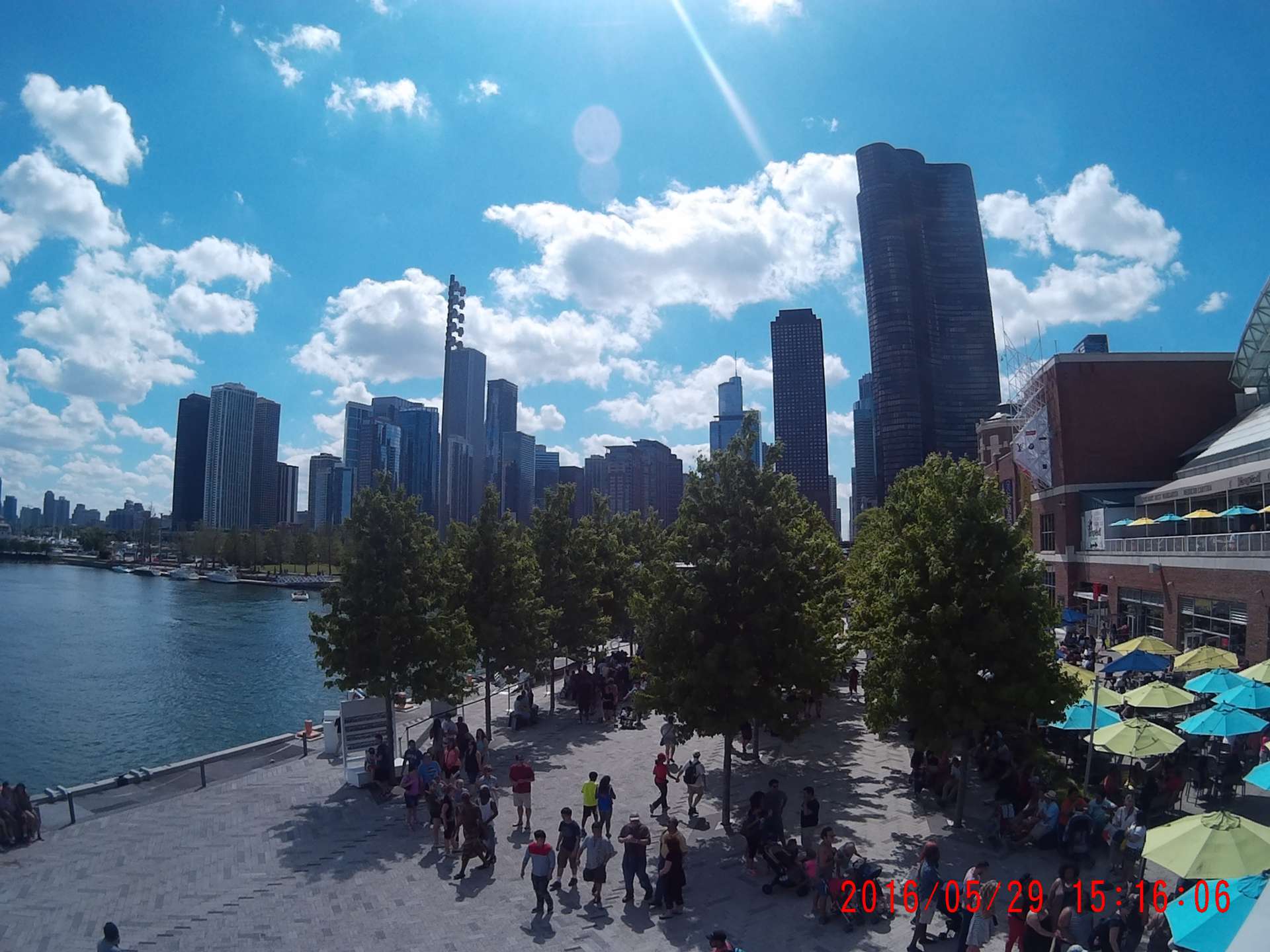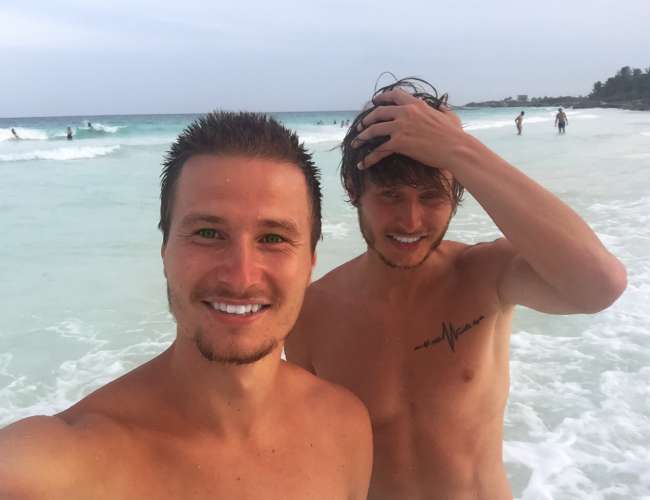Two sides of the same coin
発行済み: 22.08.2016
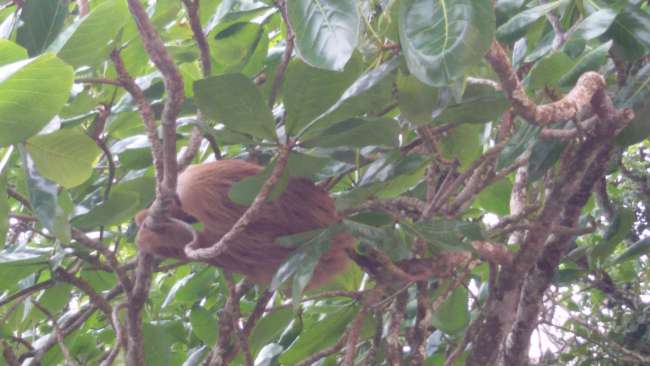
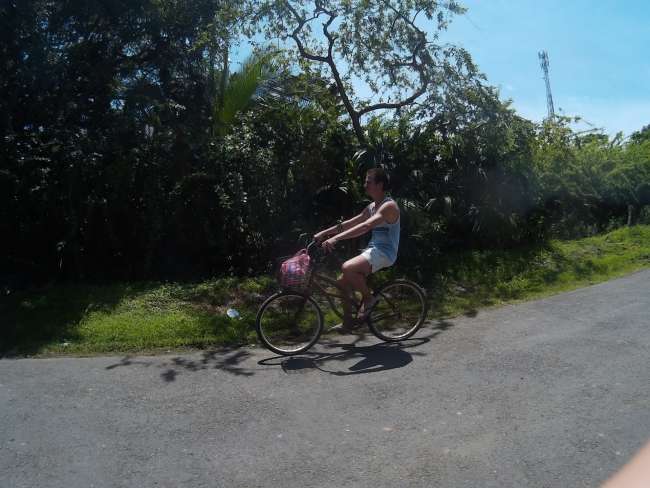
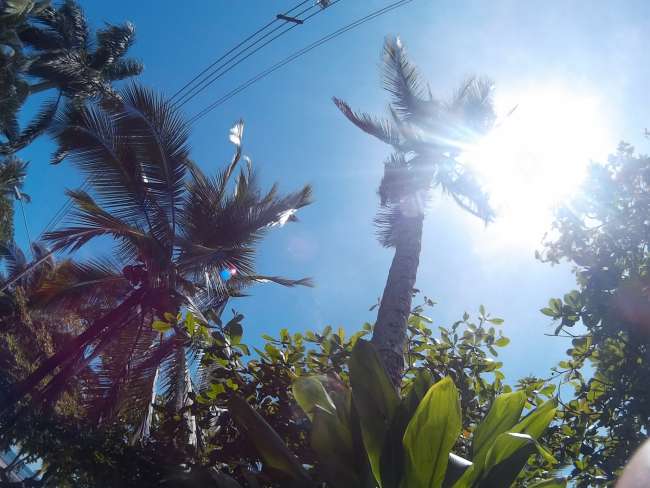
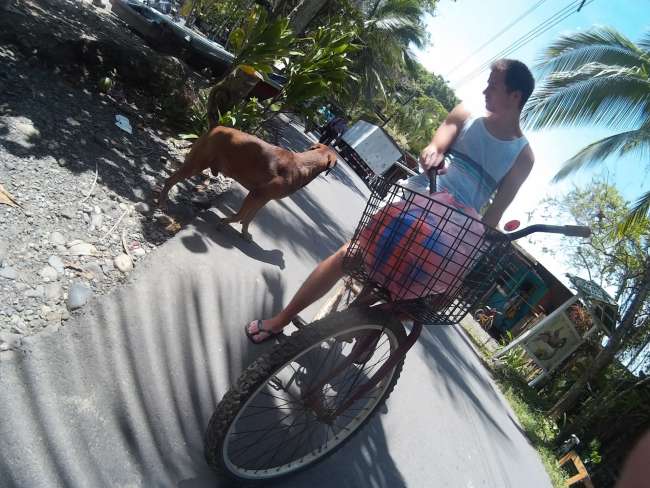
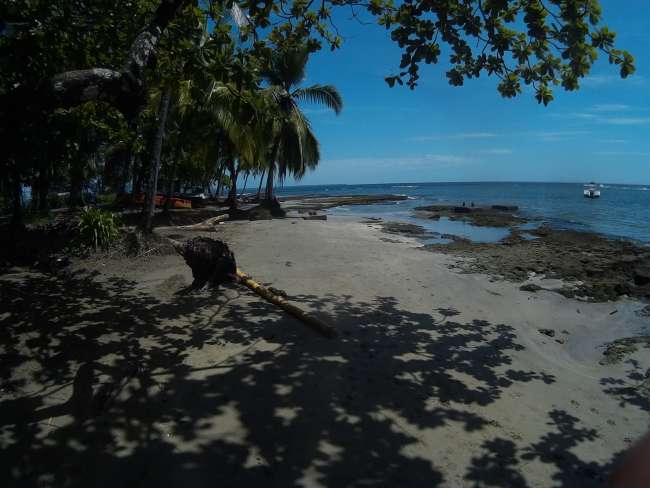
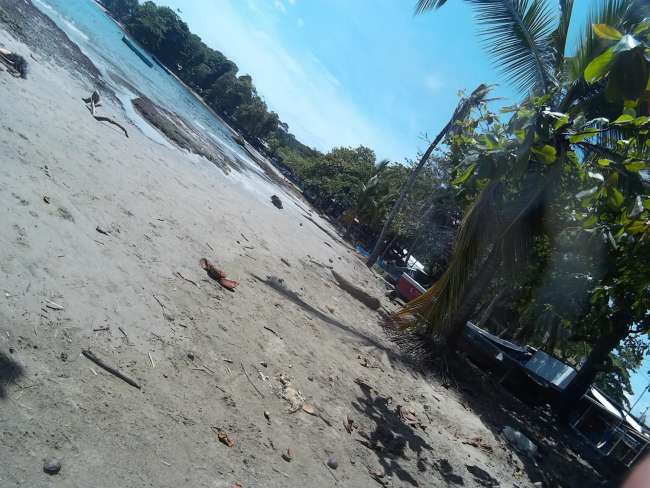
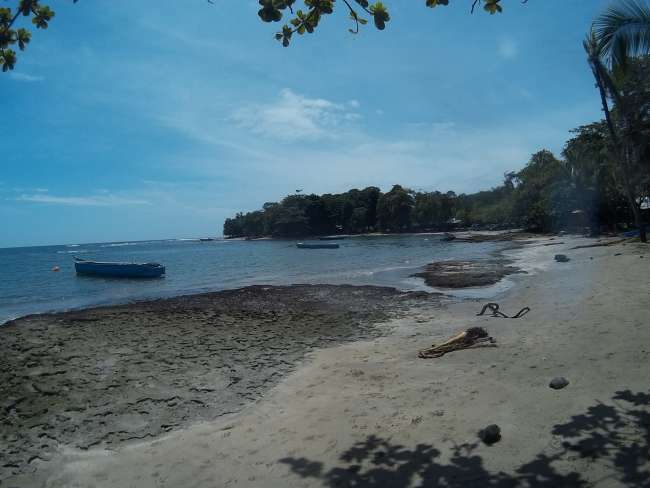
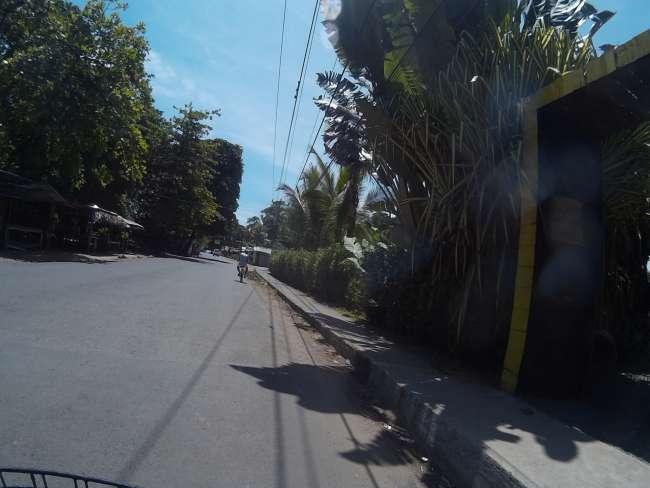
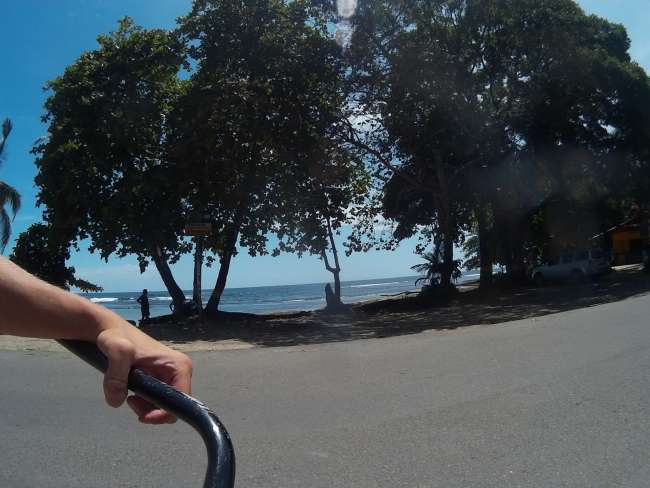
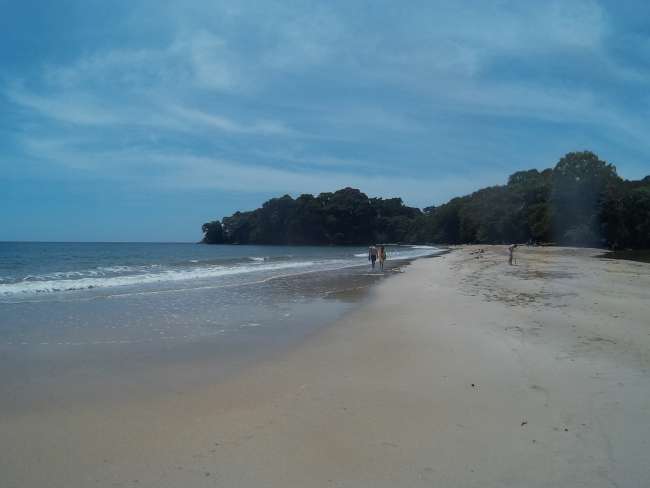
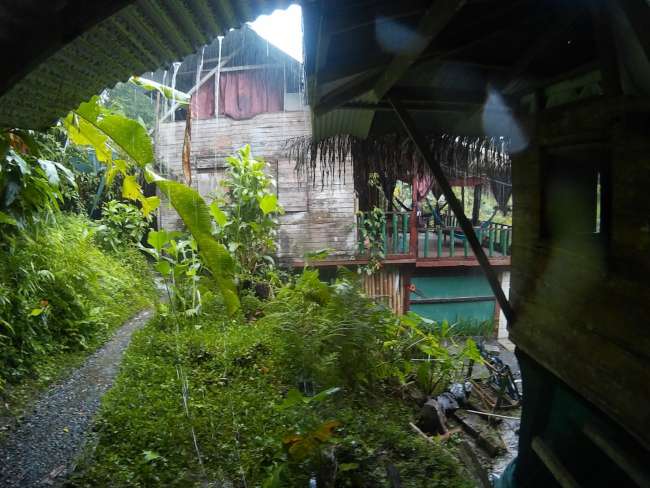
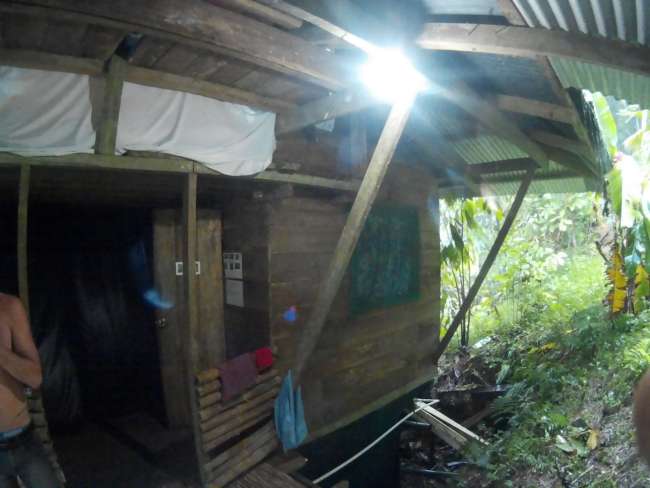
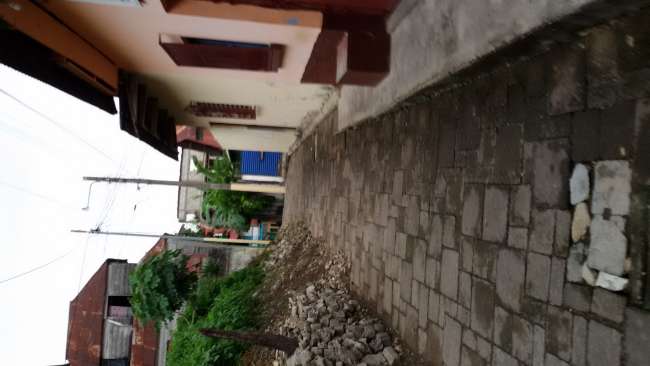
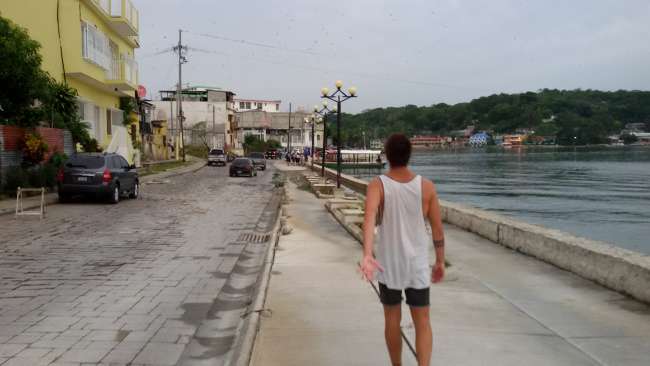
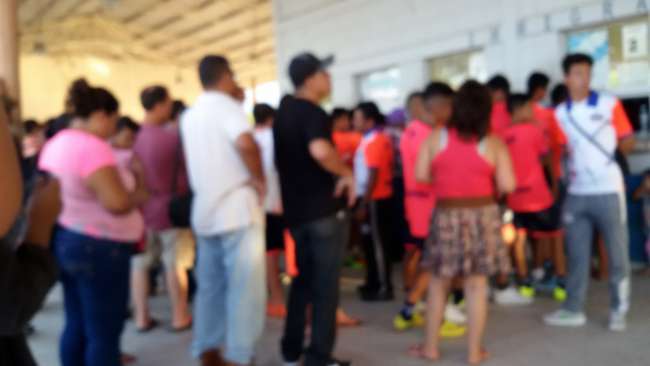
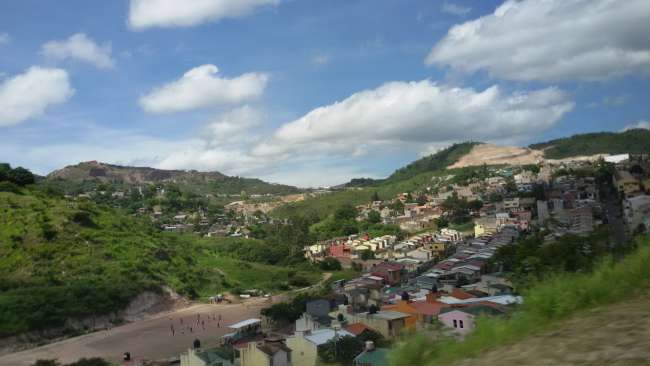
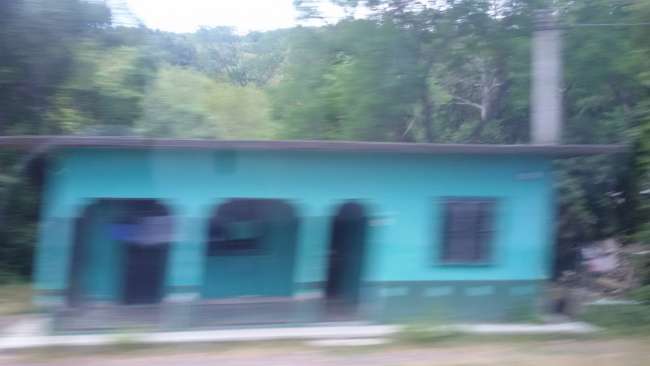
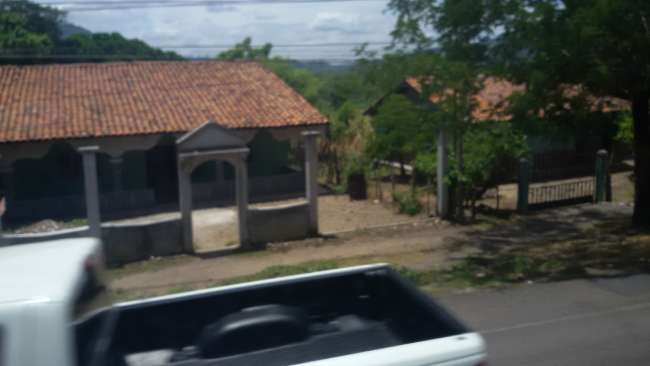
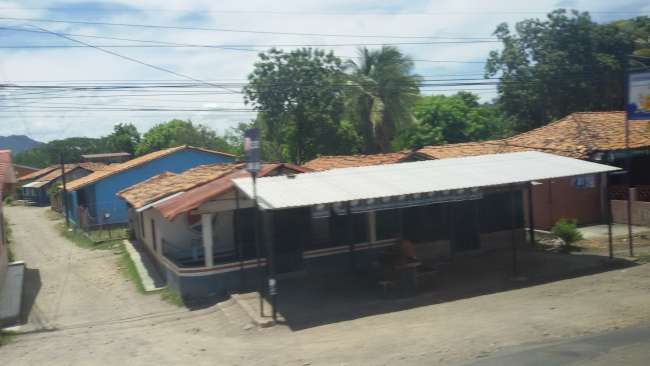
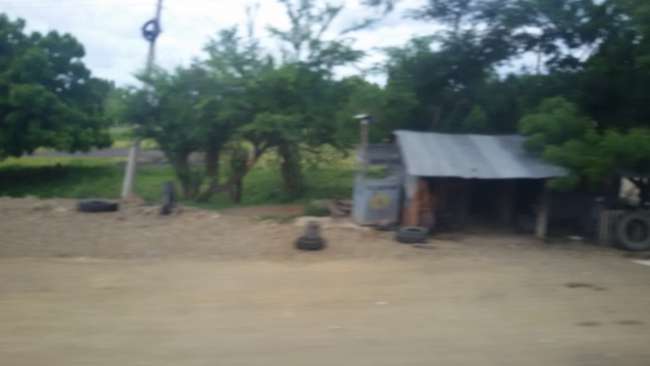
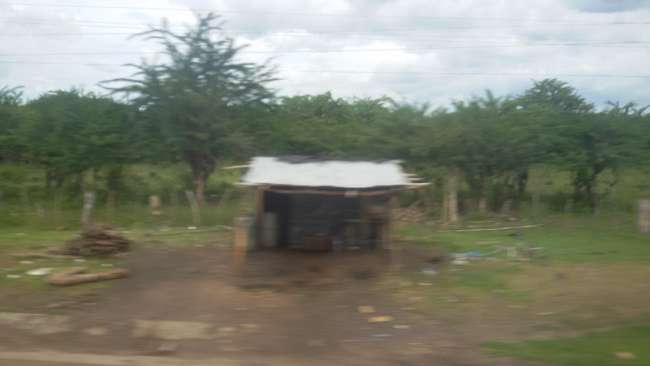
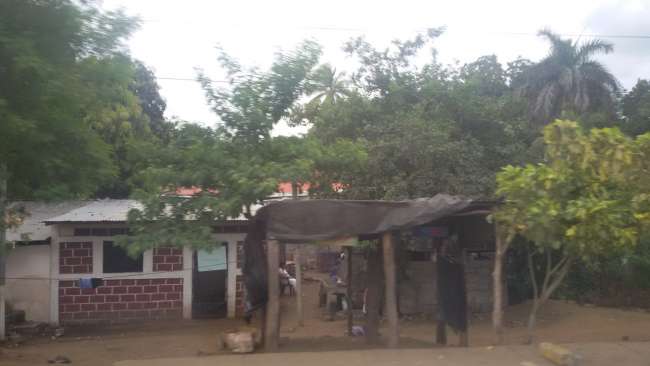
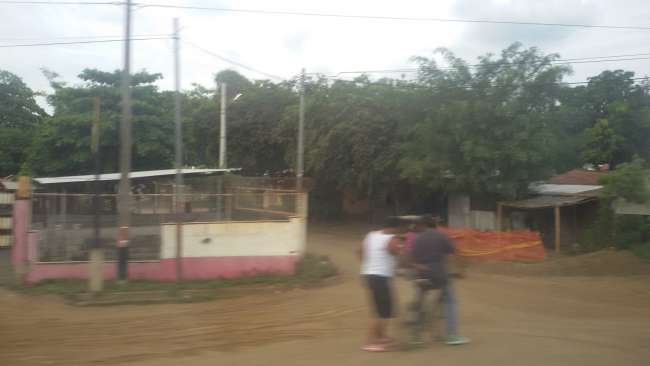
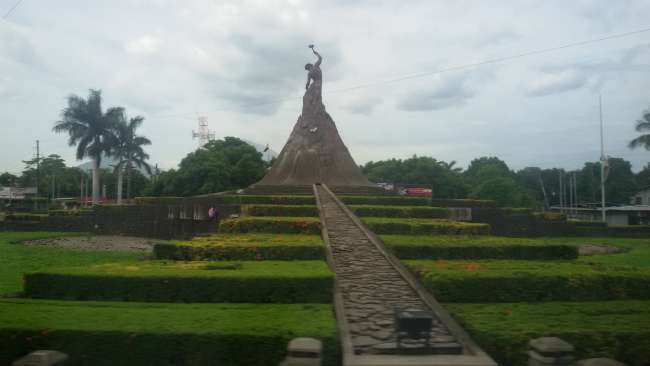
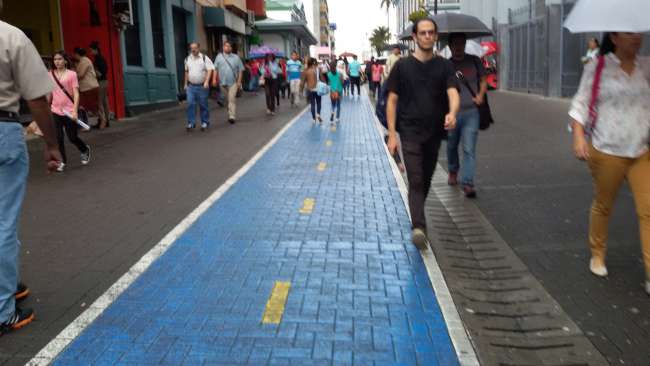
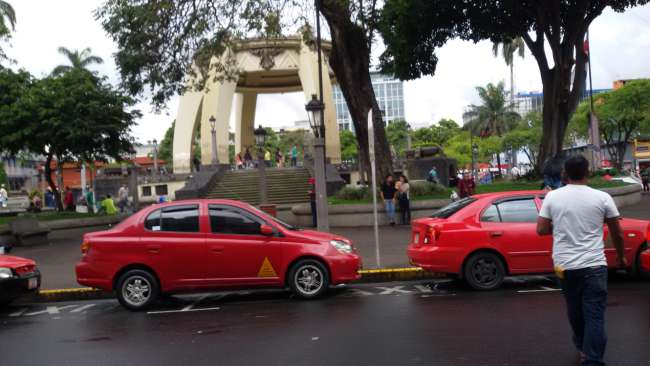
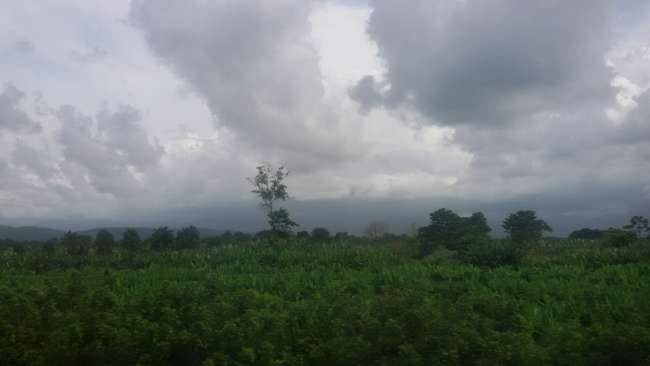
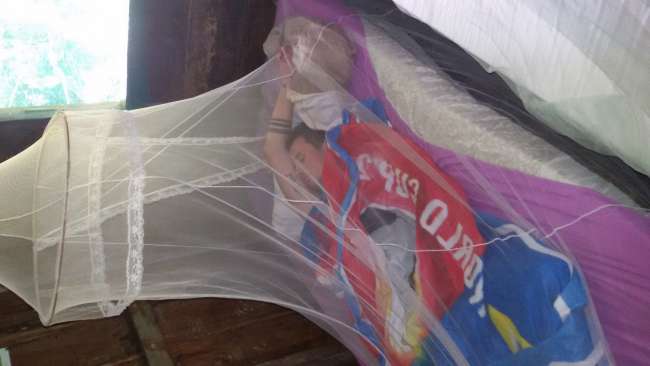
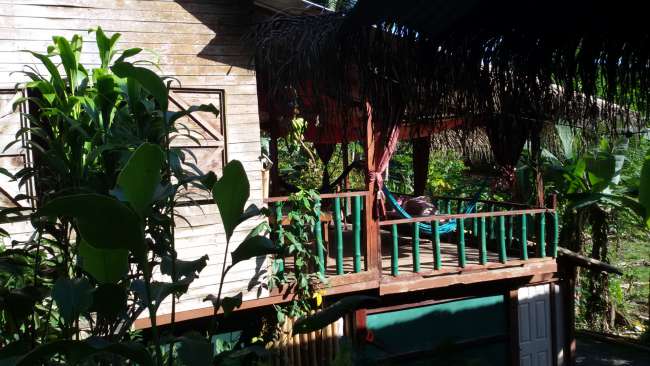
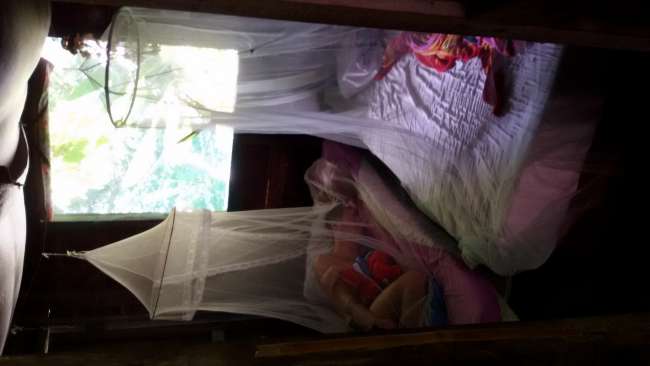
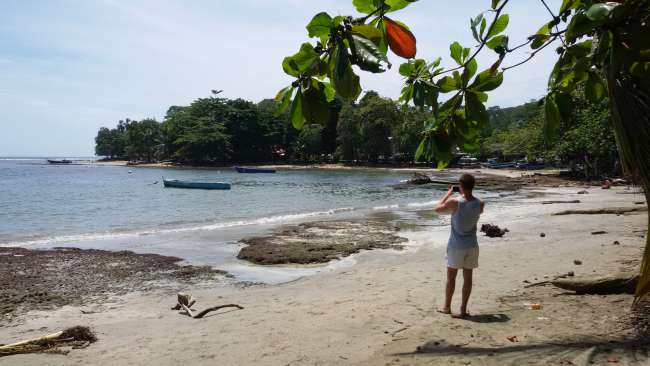
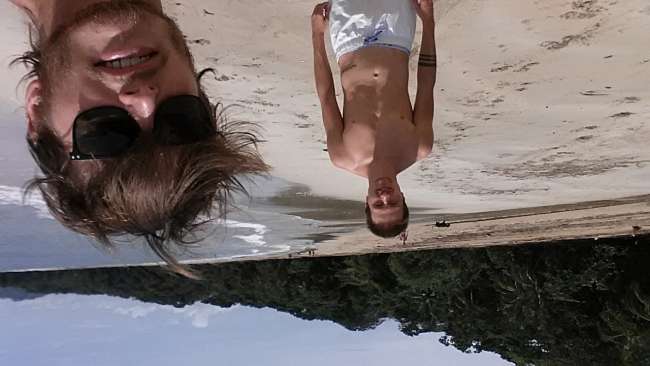
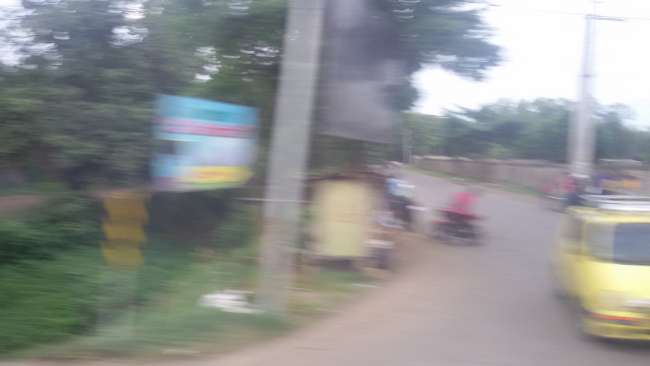
ニュースレターを購読します
The previous journey through the USA, Mexico, and Belize offered us numerous experiences in different ways. We have become adept at spontaneous planning and organization while still prioritizing fun and humor. As mentioned before, after leaving the Belizean border, we had to deal with the complications of speaking Spanish again and enduring long bus rides. Welcome to the life of a backpacker! 😀 We received support from the adopted Belizean motto 'Go Slow', which helped us stay calm. SHOULD is an important keyword here, but more on that later.
Therefore, the experiences shared in this blog post are not about excessive parties, ancient ruins, or perceived dangerous situations. Instead, they showed us a side of developing countries that we have not seen before, but is generally known. POVERTY.
From Belize City, we took a bus to Flores, Guatemala after a ferry ride. As with every entry and exit to a new country, we went through the immigration process, which required a lot of patience. We were rewarded with breathtaking views of the tropical rainforest and picturesque mountain landscapes passing by the windows of the bus. Flores is a small town with a pleasant and idyllic atmosphere that thrives on tourism. Surrounded by densely forested mountains, the town is located on a circular island in Lake Petén Itzá and is accessible only by one road. Narrow and winding streets decorate the colorful cityscape where we enjoyed the culinary specialties of Guatemala. Tacos, tapas, cakes, juices, and more filled us up for around 7-8€. After just one night, we set off early in the morning for the next bus to San Pedro Sula, the economic center of Honduras. Throughout our travels, we kept running into familiar faces of other backpackers who were taking the same route but at different times. Max was tired and wanted to sleep during the bus ride. For me, the journey from Flores was an exciting experience. Spanish music played loudly, locals hitchhiked to work on the side of the road, and tourists were among the colorful mix of passengers, although the majority were Spanish speakers. The bus ride started as a colorful, fun-filled journey with music, laughter, and conversations with the locals. However, it soon turned into an arduous 17-hour ride. We encountered a traffic jam on a narrow road under scorching heat. Countless trucks, cars, and minibusses turned the two lanes into three, making it almost impossible to move forward in either direction. People ran like ants between the cars, and we were informed that this situation could last 3-4 hours. After waiting for 3 hours, we only moved a few meters before stopping again. The bus driver loudly announced that all passengers going to San Pedro Sula had to get off the bus and continue on foot. The bus's luggage compartments were opened, and our backpacks were taken out without any explanations or answers to our questions. There we stood on the side of the road, in the middle of the traffic jam, with a backpacking couple from England, a backpacker from Estonia, and two young Honduran mothers with toddlers and enough luggage for a large family. We were told to walk a few hundred meters to a bus stop and wait for a red bus that would pick us up and take us to San Pedro Sula. Max, the Englishman, and I ended up carrying the bags of the two mothers, otherwise, they would still be on their way to the bus stop. Fortunately, the red bus arrived after almost 2 hours, but it was already full. That meant we had to stand in the aisle for the next few hours. The Brits, the Estonian, and us formed a European community and helped each other with immigration and shared stories and experiences. Along the way, live goats were randomly dropped off at the side of the road from the bus's trunk, and the bus toilet seemed to be broken, causing a strong smell of urine to permeate the interior of the bus and our noses. Shortly before arriving in San Pedro Sula late in the evening, we struck up a conversation with the locals who wanted to help us reach our hostels safely. It turned out that we were the only Europeans who had booked accommodations. Also, San Pedro Sula had been named the most dangerous city in the world for three consecutive years before, and we, as backpackers, were attractive targets for robberies at that late hour. That's why we decided to take the other backpackers with us to our hostel and find additional beds for them. After sorting out all the logistics, we went out to eat together. During dinner, the Estonian told us that he had been traveling for 7 years and had spent a week in a Mexican prison due to illegal entry without a stamp. Long live bribery! Thus ended an eventful day, and the next morning we went our separate ways again. We continued by bus to Tegucigalpa, but it is best to skip detailed information about the bus rides as well as Tegucigalpa and Managua (Nicaragua). Our focus, in connection with our schedule, was on Costa Rica, Colombia, and Peru. As before, we arrived in the cities at dusk by bus, slept a few hours in a hotel, and continued the next day. In harsh terms, Tegucigalpa and Managua were like ghettos, in our opinion. Both capital cities were marked by poverty, which was reflected in the infrastructure and architecture. We tried to capture the prevailing conditions between the cities through pictures, but it was only moderately successful from the bus. Families lived in 10-square-meter 'houses', made out of seemingly random materials without doors or windows. The houses of the three little pigs looked like Hilton Spas & Resorts in comparison. In some cases, you could see through the houses and there was nothing inside except hammocks. We suspect that electricity is scarce, at least in these parts of the cities. Another big problem is pollution due to the large amounts of trash that is thrown everywhere. Children play in the garbage and wash themselves in drying rivers. Despite all this, the people always smile and are ready to share what little they have with anyone at any time. This statement may cater to certain stereotypes, but in this case, it is 100% true. This image of poverty was reflected in all the countries we visited, sometimes more and sometimes less starkly. It only partially changed our view of the luxury problems in industrialized societies, but these experiences will always be stored in the back of our minds and may lead to rethinking certain behaviors. That's enough for today. Amen. 😊
We were looking forward to Costa Rica and after a relaxing bus ride, we arrived in its capital, San Jose, where we stayed for a few days before moving on. In San Jose, we experienced the diurnal climate more than in any other country before, with rain usually starting in the early evening. We strolled through the streets, took a look around, and realized that San Jose must be the San Francisco of Costa Rica. The city is built on the slopes of the surrounding mountains, which means there are steep streets. San Jose itself is quite beautiful but often serves as a hub for day trips in the surrounding area. That's why we decided to take a bus to Puerto Viejo, a town on the country's Caribbean coast, and enjoy a few days at the beach. Throughout Costa Rica, but especially in Puerto Viejo, the motto is 'Pura Vida', and that was definitely felt here. The sweet smell of marijuana was constantly in the air, the people had an extremely relaxed and friendly demeanor, and it seemed like there was nothing negative in the world. If there was, they just smoked more marijuana. 😄
Our hotel room was located on the outskirts of town, in the tropical rainforest. It was by far the most unique hotel in the area, resembling a jungle camp. Everything was made partly of raw wood and 'do-it-yourself' craftsmanship and was completely surrounded by dense vegetation. Smoking and vaping were allowed everywhere and at any time when we checked in, but that was irrelevant to us. After spending so many hours on buses, we enjoyed the downtime, the atmosphere, and the people in Puerto Viejo, and planned our next move. Due to the complicated and inconvenient journey from Puerto Viejo to Panama, we decided to travel back to San Jose by bus. From San Jose, we flew via Panama City to Bogota. Because we wanted to spend more time in Colombia, we skipped Panama and only stopped at the airport for a few hours. The gap between the rich and poor in the Central American developing countries is much greater and more drastic than in our countries. Poverty is practically non-existent for us, as the people here have hardly any possessions. Nevertheless, they seem happier and more joyful than some people in our familiar world.
Best regards and thank you
Ulf (Max) & Zwulf (Sascha)
ニュースレターを購読します
答え (1)
Barbara
Ich glaube Eure sehr schöne Reise wird Euch auch ein bisschen für Euer weiteres Leben prägen . Genießt noch die letzten Tage.Und kommt gesund zurück.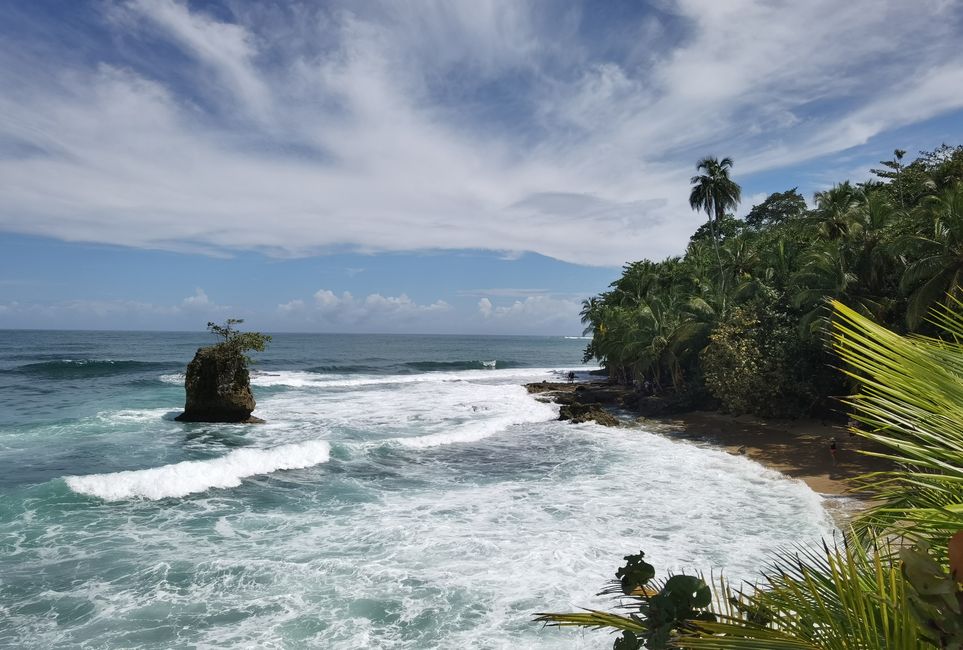
旅行レポートコスタリカ
